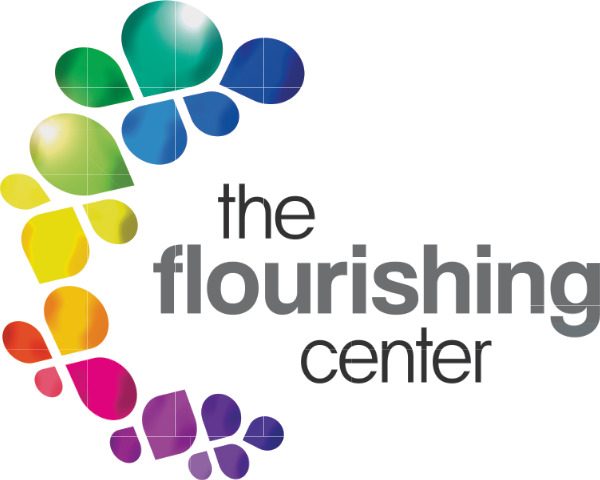By Louis J. Alloro, MAPP, M.Ed.

My youngest nephew Max is getting ready to leave for college. The other day, I overheard my sister telling him, “Everyone gets homesick.”
Maybe we all know the heartache that comes from homesickness? Or the agony of bereavement? Or the pain of being shunned from the crowd? This is part of the hard life stuff that positive psychology tools and strategies can help us navigate.
According to research by Cacioppo & Patrick, loneliness is a subjective state. “Feeling lonely does not mean that we have deficient social skills. Problems arise when feeling lonely makes us less likely to employ the skills we have.” (Cacioppo & Patrick, 14)
In other words, there’s a distinction between being alone and being lonely. Further, when we are in a lonely state, we don’t want to be with other people which makes us even more lonely.
“Long before these feelings of isolation manifest into serious health problems, impaired self-regulation causes lonely individuals everyday, everywhere, to act in ways that sadly, do nothing more than reinforce their loneliness.” (Cacioppo & Patrick)
Loneliness (not lack of objective social support) predicts:
- Increased cortisol (stress)
- Elevated blood pressure
- Decreased self regulation
- Decreased exec functioning
- Depression
- Poor sleep
- Weight gain
- Inflammation
- Death
Loneliness is a greater risk factor for morbidity than alcoholism or obesity. Chronic loneliness is a greater risk factor for all cause mortality than cigarette smoking!
Positive psychology offers the tools for self-awareness, self-compassion and self-care that not only break the pattern of loneliness, but enable deep connections and authentic relationships.
